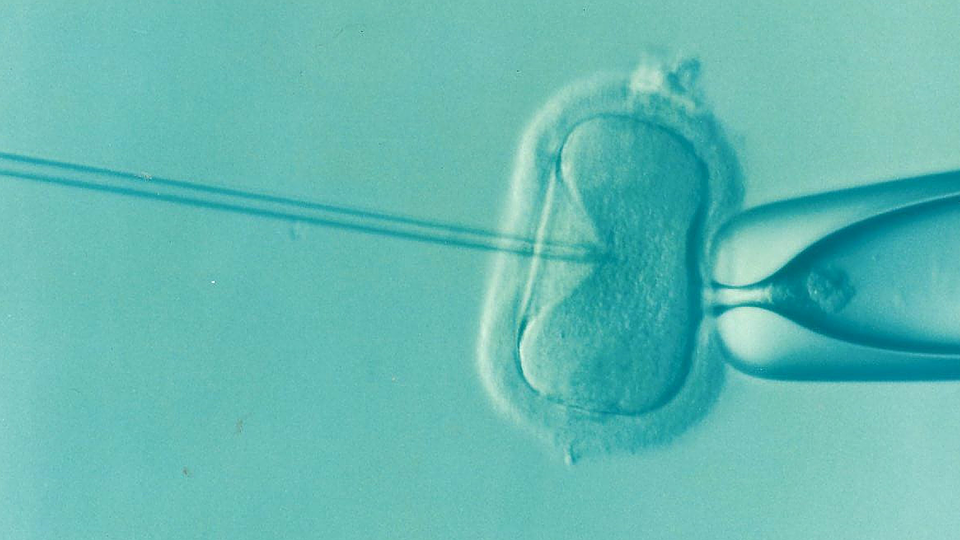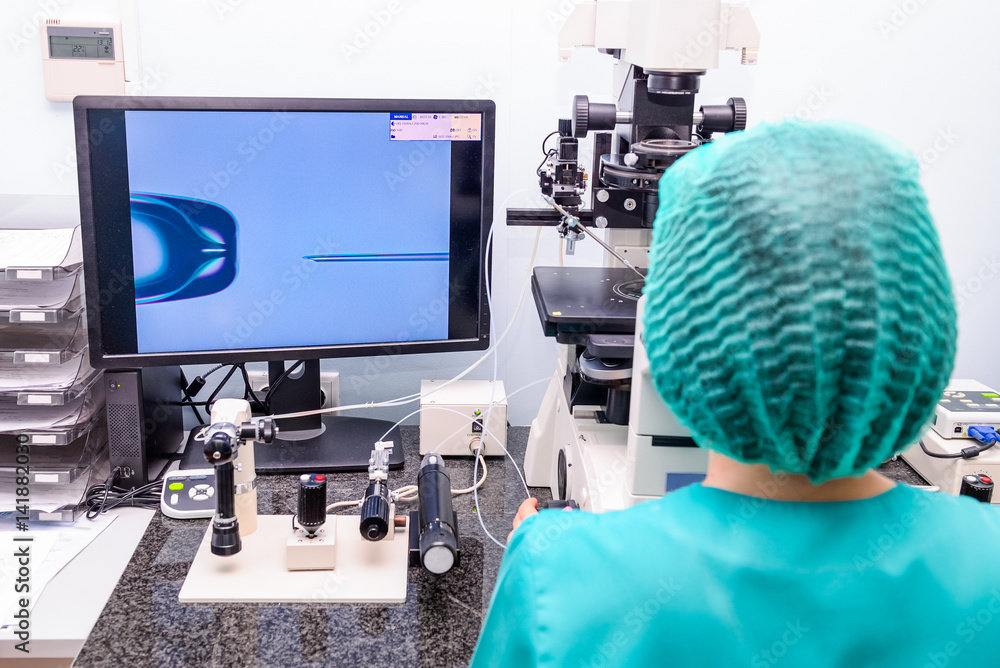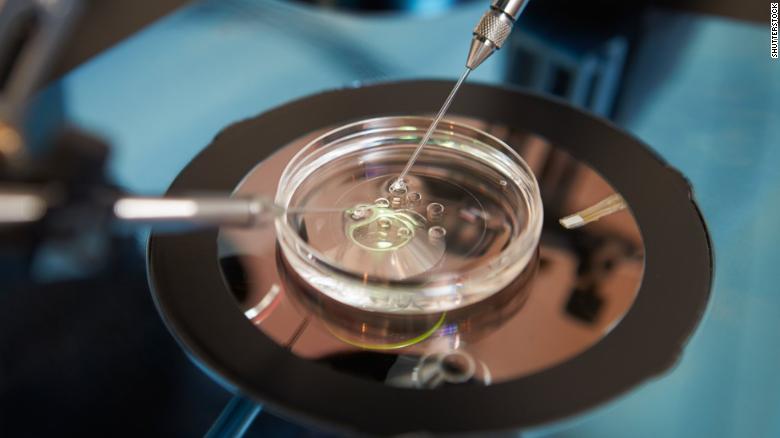Basic findings for IVF
The process of diagnosing infertility begins by talking to a woman. Anamnesis of a woman (a case history established by interviewing a woman) with infertility problems, among others, includes the following:

- Time of first period (menarche), the length of the cycle, duration of menstrual flow, average blood loss, painfulness, irregular bleeding (intermenstrual, spotting, postcoital)
- Number and outcome of previous pregnancies in a current or previous relationship(s). The outcome of a pregnancy can be a delivery, a spontaneous (miscarriage) or induced abortion, ectopic pregnancy, or a molar pregnancy
- Previous contraceptive methods. Birth control methods fall into natural methods, barrier methods, hormonal or postcoital contraception, intrauterine device (IUD), sterilization
- Previous testing and/or treatment(s) of infertility. Couple´s education – issues of fertility calculation, frequency of intercourse, frequency of intercourse during ovulating periods, amount of attempts. Dyspareunia (painful sexual intercourse)
- Conditions potentially impairing fertility: diabetes, thyroid disorders, tuberculosis, etc.
- Potential malignant diseases or diseases that required hospitalization or medical treatment
- Previous abdominal surgeries
- Inflammatory diseases, particularly of the pelvic region. STDs.
- Galactorrhea (discharge of milk-like substance from the breast not associated with pregnancy or breastfeeding)
- Exposure to toxins in working or living environment
- Alcohol or drug abuse
- Gynecological exam
- Pap test
- Transvaginal ultrasound
- Cervical smears for aerobic and anaerobic cultures, Chlamydia, Mycoplasma, Ureaplasma
- Basic hormonal status – FSH (follicle-stimulating hormone), LH (luteinizing hormone), E2 (estradiol), PRL (prolactin), TSH (thyroid-stimulating hormone) on day 2-5 of the cycle
- Semen analysis and microbiological examination of the ejaculate
- Testing of tubal patency
- Blood tests:
- Blood Type, Rh factor
- HBsAg (Hepatitis Bs Antigen), anti-HBs + Anti HBc total
- HCVAg (Hepatitis C), anti-HCV
- anti-treponemal screen
- HIV-1/-2 Antibody Evaluation
- Infection
- Sexual dysfunction
- Hyperprolactinemia
- Hypothalamus and hypophysis (pituitary gland) disorders
- Irregular periods due to high levels of FSH – premature menopause
- Absence of ovulation
- Anomalies of female reproductive organs
- Fallopian tube blockage
- Adhesions in the pelvic region
- Endometriosis
- Other conditions – diabetes, thyroid disorders, hepatitis, AIDS
- Male factor
If infertility of a couple is suspected, the basic analysis will be performed:

Using the above tests and detailed case studying, some of the following diagnoses can be established:





.jpg)






.jpg)

